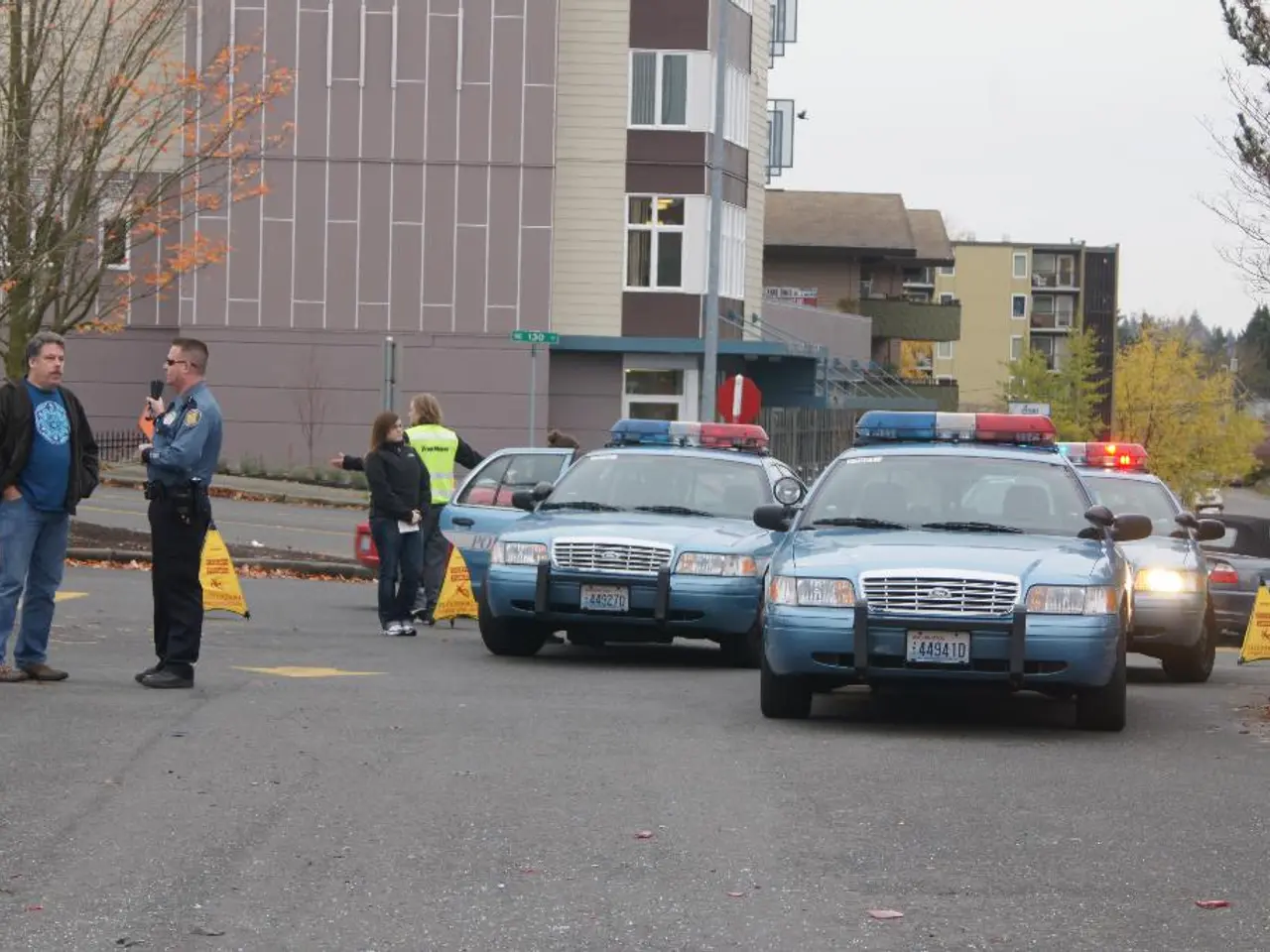New Headquarters Established for National Security Council
Germany to Establish National Security Council
Germany is set to establish a National Security Council (NSC) as a centralized body to coordinate and integrate the country's security policy across multiple domains, including domestic, foreign, economic, and digital security. The NSC, chaired by Chancellor Friedrich Merz, will be a strategic hub for proactive threat management and crisis response, following the lead of countries like the United States and the United Kingdom.
The composition of the NSC will be broad and multisectoral, including key federal ministers, representatives of German security agencies, scientists, and experts from federal states, the European Union, and NATO. The council will also involve representatives from other nations, expanding its scope and inclusiveness.
Unlike previous structures, the NSC aims to overcome silo thinking by pooling expertise from various government branches, agencies, and external experts in a single forum. It will also be the first security coordination body to include federal state representatives and foreign partners, reflecting a comprehensive approach that includes cyber security and digital threats.
The NSC will convene mainly during crises and focus on medium- and long-term threat analysis and strategic planning. Rules for its operation will be finalized in the cabinet meeting on August 27, 2025. The new body will take over the tasks of the Federal Security Council and the Security Cabinet, and a staff unit for the NSC will be set up in the Federal Chancellery, creating 13 new positions.
The NSC will meet in crisis situations, such as the Iranian attack on Iranian nuclear facilities in mid-June, the beginning of the Russian attack on Ukraine in February 2022, the chaotic evacuation from Afghanistan in August 2021, and potential cyber attacks on German authorities. Representatives of German security authorities can participate in the NSC, but the departmental principle should not be circumvented by the NSC.
The National Security Strategy developed under the traffic light government will be updated by the NSC. The NSC will have the ability to make final decisions, unless a decision by the federal government is required by the Basic Law or a federal law. However, there will not be a national security advisor like in the USA.
The new German National Security Council will bring together information on internal, external, digital, and economic security, aiming to enhance coordination and proactive threat management beyond existing structures. The NSC will meet regularly for strategic topics, and the chairman, currently Friedrich Merz (CDU), will lead these meetings in the Ministry of Defense in Berlin.
- Despite being a new entity, the National Security Council (NSC), chaired by Chancellor Friedrich Merz, will replace the existing Federal Security Council and Security Cabinet, signifying its closed era.
- As the National Security Council (NSC) often convenes during times of crisis, it may face challenges in handling closed-door discussions, particularly in matters related to politics and general news.







